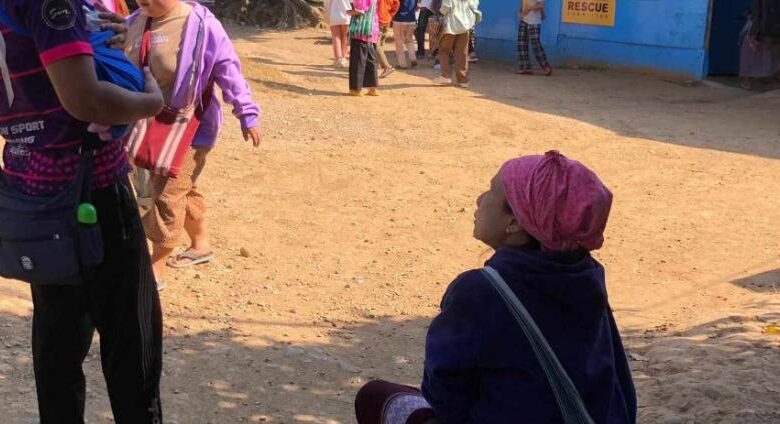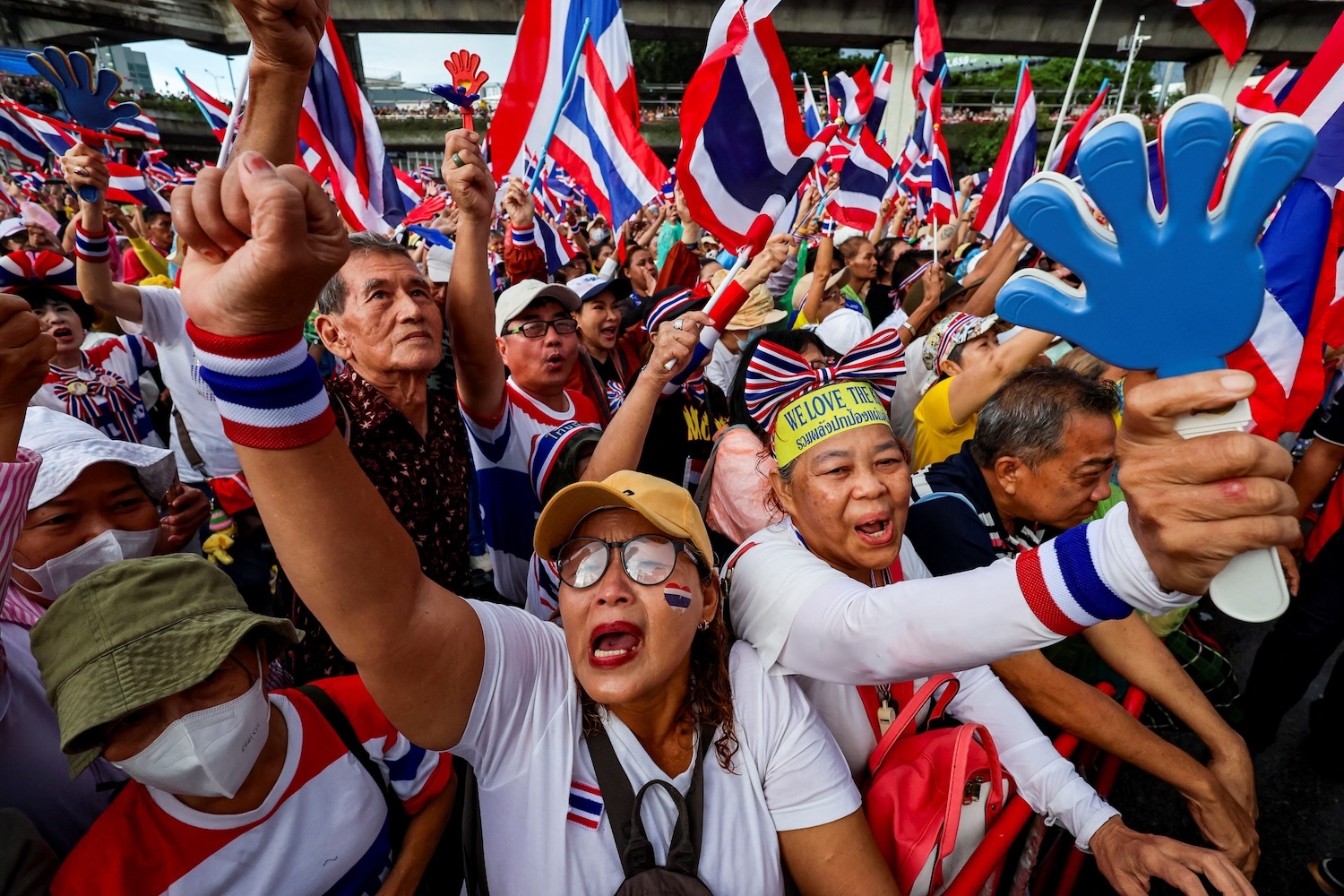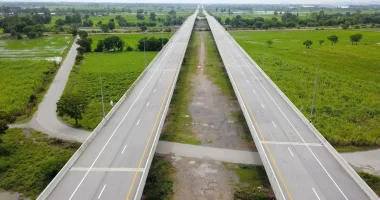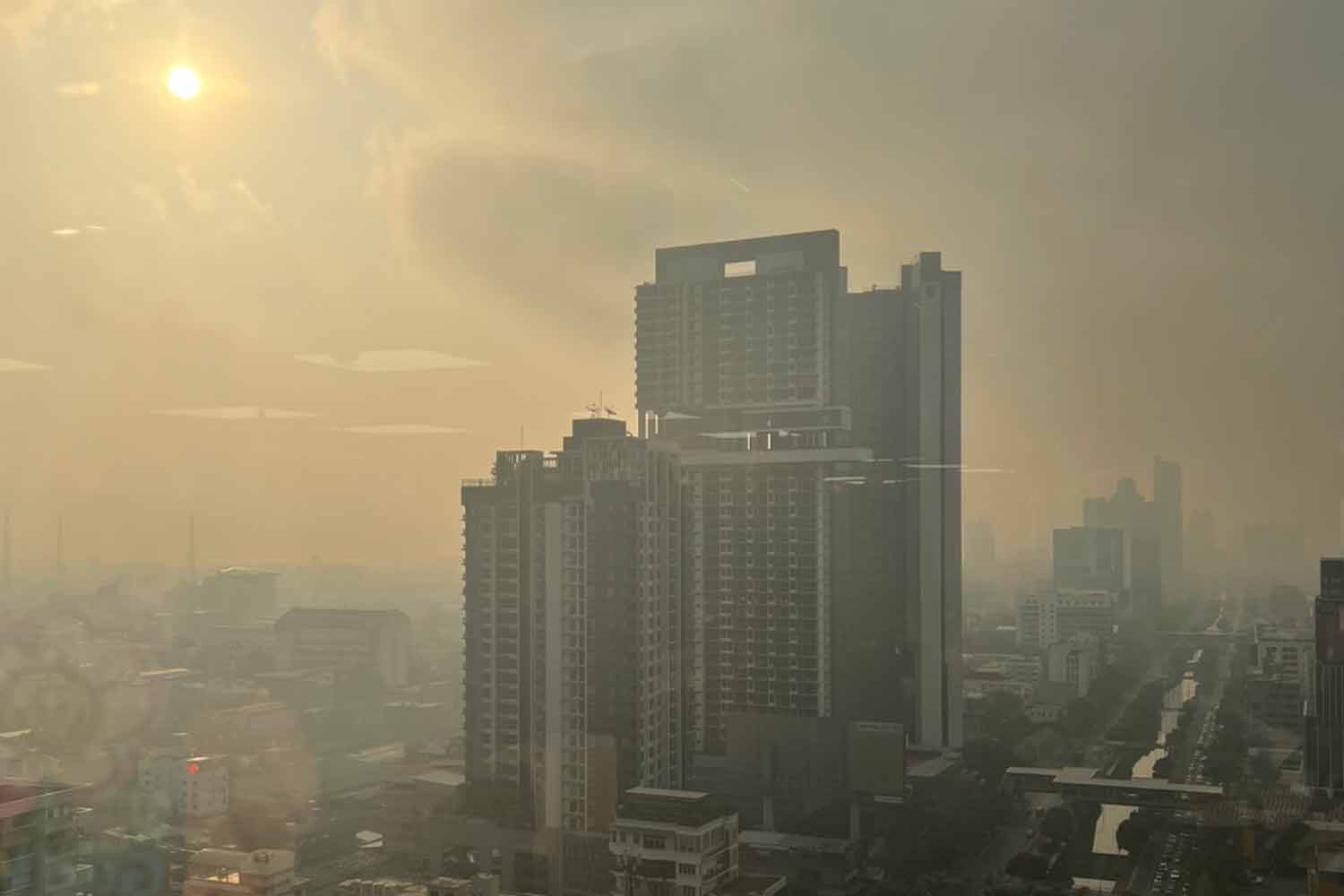Impact on Refugee Resettlement
Suspension of Resettlement Programs
The U.S. had previously agreed to resettle thousands of Myanmar refugees from these camps, but Trump’s executive order has halted this process indefinitely. The order suspends refugee admissions except for case-by-case exceptions until further notice. This decision has left many refugees in limbo, as they cannot return to Myanmar due to ongoing conflicts and are not allowed to settle outside the camps in Thailand.
Healthcare Crisis
Closure of Medical Facilities
Trump’s 90-day pause on foreign aid has led to the closure of several healthcare centers serving tens of thousands of refugees along the Thai-Myanmar border. The International Rescue Committee (IRC), which funded these clinics with U.S. support, was forced to shut them down by January 31. This move has resulted in critical patients being transferred to other facilities within Thailand due to a lack of medical services available at the camps.
Economic and Humanitarian Consequences
Aid Suspension Effects
The suspension affects not only healthcare but also other essential services like education and food distribution within these refugee settlements. A Thai aid group suspended its assistance program for displaced people from Myanmar following Trump’s aid cutback announcement. Furthermore, reports indicate that at least one refugee died after being discharged from a US-funded hospital that closed due to funding issues related to Trump’s policies.
Future Prospects
Potential Renegotiation and Support
Despite these challenges, there is hope for renegotiation or alternative support mechanisms. However, no clear updates have been provided yet regarding potential renegotiations between Thailand and the United States over resettlement plans or how they might proceed under current circumstances. Meanwhile, local communities are organizing themselves temporarily while awaiting further developments or alternative solutions from international donors or governments like Thailand’s pledge to fill some gaps left by U.S. funding cuts temporarily.








